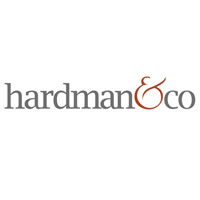Carrying out a share buyback (or a ‘purchase of own shares’) is one way in which a company can return capital to its shareholders. There is a strict statutory procedure which has to be followed and the consequences of not sticking to this are severe: the transaction will be void. Corporate partner Sophie Brookes explains the key requirements.
Why buy back shares?
There are various reasons why a company may choose to buyback its own shares from a shareholder: it may be a way of facilitating an exit for a particular shareholder, or the company may want to return surplus cash to all its shareholders. In the case of a listed or quoted company, a share buyback can help improve its ‘earnings per share’ (EPS), a key measure of company performance and valuation. This is calculated by dividing the company’s profits by the number of its issued shares. So reducing the number of shares in issue can increase the overall EPS figure.
Key requirements
The key statutory requirements for carrying out a share buyback are:
The company’s articles must not restrict or prohibit the buyback
The buyback must be approved by the company’s shareholders
The shares being bought back must be fully paid
The company must have at least one non-redeemable share in issue after the buyback
The consideration for the buyback must generally be paid either from distributable profits or from the proceeds of a fresh issue of shares
The shares must be paid for on purchase, in cash



